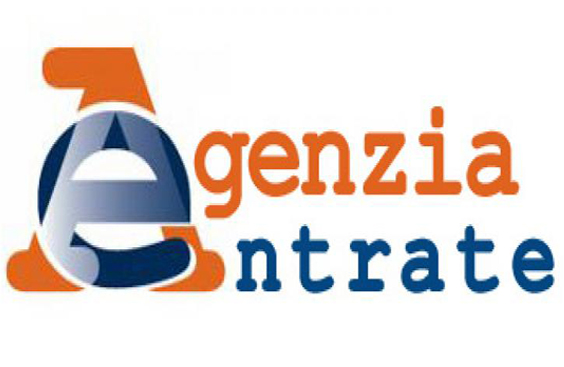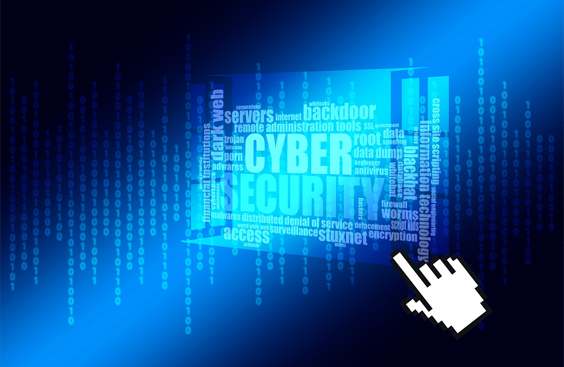Revenue Agency: Beware of fake e-mails
It is very important to be alert to fake e-mails, even though they may seem legitimate. Many scammers send e-mails or text messages pretending to be representatives of legitimate government organisations or companies, with the aim of obtaining personal information or money from victims.
If you receive an e-mail or text message claiming to be from the Internal Revenue Service, there are a few things you can do to protect yourself:
Check the sender’s e-mail address: often the addresses used by fraudsters are slightly different from the legitimate ones.
Do not click on links or download attachments: links or attachments could install malware on your computer or mobile device.

Do not provide personal or financial information: the Revenue Agency will never ask you to provide personal or financial information by e-mail or text message.
Contact the Revenue Agency: if you have doubts about the authenticity of an e-mail or text message claiming to be from the Revenue Agency, you can contact the Revenue Agency directly to verify.
Make sure you have a firewall: this is a protection system that filters network traffic in and out of a network in order to protect devices within the network from external attacks.
It is important because it helps to block most intrusions, such as unwanted access due to malware. That could cause damage to the network or data on the PCs within the network. A firewall can also be configured to block access to certain websites or types of content; which can be useful to protect users from malicious or inappropriate content.
How does fraud through fake e-mails occur?
Fraud can take many forms, such as e-mails or text messages pretending to be from the Internal Revenue Service and asking for personal or financial information, or telephone calls from fraudsters posing as representatives of the Internal Revenue Service.
Revenue Agency: How to recognise fake e-mails
There are certain signs that may indicate that an email could be a scam.
Here are some of them:
The sender’s e-mail address may be slightly different from the legitimate one: for example, it may contain an extra or less letter or a letter replaced with a similar one (e.g. ‘rn’ instead of ‘m’).
The e-mail contains grammatical or spelling errors.
It asks you to click on a link or download an attachment to verify your account or to solve a problem.
Or it asks you to provide personal or financial information, such as your credit card number or social security number.

Another example are e-mails warning you of a serious consequence if you do not follow instructions, such as closing your account or arresting you.
This phenomenon is called ‘phishing’, from the English ‘fishing’. It is a form of online scam in which fraudsters send e-mails or text messages pretending to be representatives of legitimate organisations, with the aim of obtaining personal or financial information from victims.
We have discussed this phenomenon in detail HERE.
If you want to know what happens if you open a scam mail, click HERE.
What you can do if you have been the victim of a scam
If you have been the victim of an IRS scam, there are a few things you can do:
Contact the Internal Revenue Service: if you have provided personal or financial information to the scammers, it is important to contact the Internal Revenue Service as soon as possible to inform them of the scam and ask for support.
Inform the Postal Police: if you have provided personal or financial information to the scammers, it is important to report the scam to the police.

Change your passwords: if you have given fraudsters your passwords or if you think they might have access to your passwords, change them immediately.
Monitor your accounts: check your bank and credit accounts regularly for suspicious transactions.
Il phishing può colpire chiunque, indipendentemente dall’età o dall’esperienza con la tecnologia.
Tuttavia, alcune persone possono essere più vulnerabili di altre, come ad esempio gli anziani o coloro che sono meno familiari con la tecnologia.
È importante essere consapevoli dei rischi del phishing e sapere come proteggersi da questo tipo di attacco per questo noi di Made siamo disponibili per formare al meglio te, i tuoi dipendenti o anche “solo” i tuoi famigliari.

